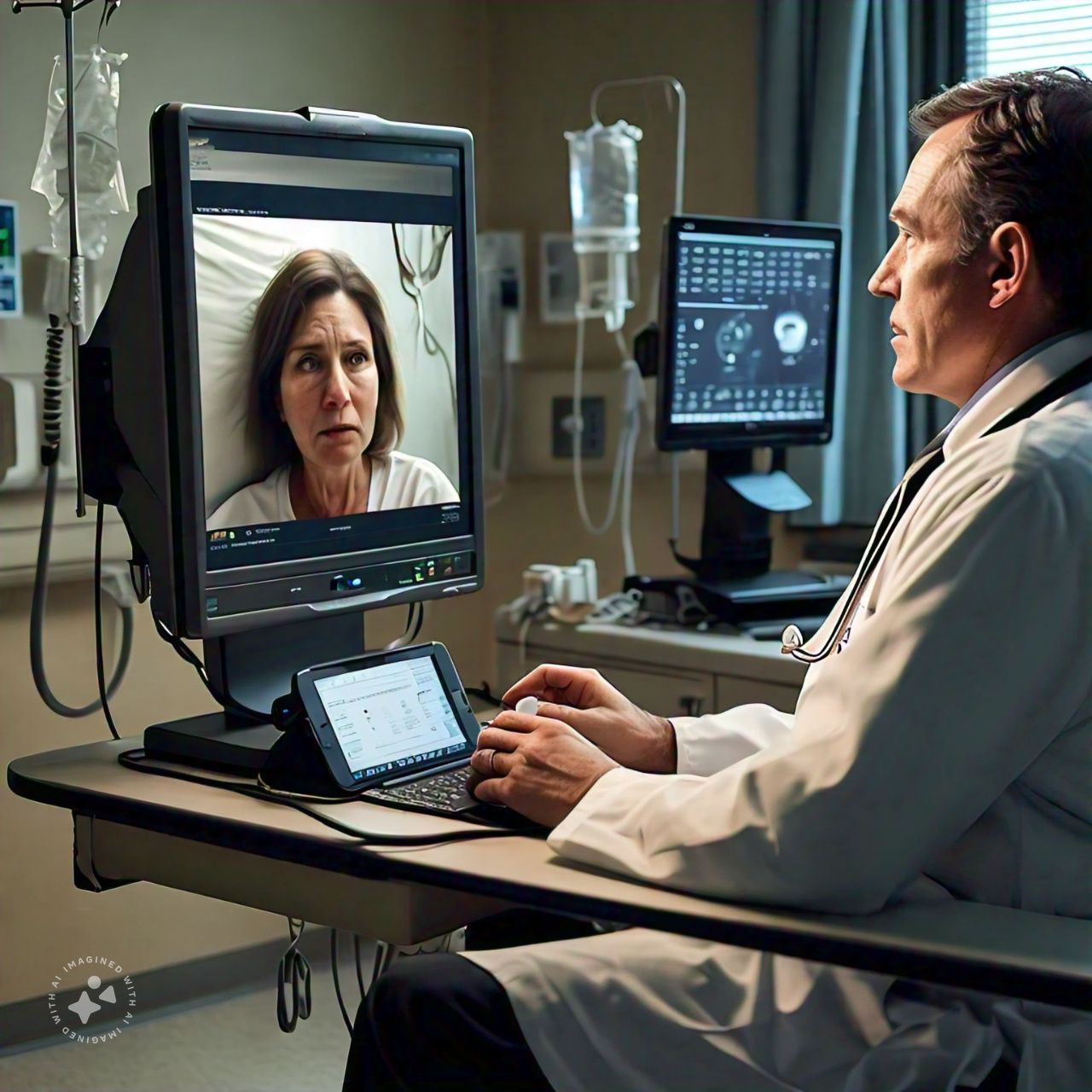New Delhi, 25-July-2024

The Rise of Telemedicine: A New Era in Healthcare
The world of healthcare is undergoing a profound transformation, driven by advances in technology and a growing demand for more accessible and efficient medical services. One of the most significant developments in this realm is telemedicine. This innovative approach to healthcare delivery leverages telecommunications technology to provide clinical services to patients without the need for an in-person visit. In this blog, we'll explore what telemedicine is, its benefits, challenges, and its future potential.
What is Telemedicine?
Telemedicine refers to the use of digital communication tools, such as video conferencing, phone calls, and mobile apps, to deliver medical care and services. It encompasses a wide range of services, from virtual doctor consultations and remote monitoring of chronic conditions to mental health therapy and post-operative follow-ups. Telemedicine is not just a response to the COVID-19 pandemic; it is a forward-thinking approach that promises to reshape the healthcare landscape.
Benefits of Telemedicine
Challenges of Telemedicine
The Future of Telemedicine
The future of telemedicine looks promising, with advancements in technology continually enhancing its capabilities. Artificial intelligence (AI) and machine learning algorithms are being integrated into telemedicine platforms to provide predictive analytics, diagnostic support, and personalized treatment plans. Virtual reality (VR) and augmented reality (AR) are also being explored for remote surgeries and immersive therapy sessions.
Moreover, the ongoing development of 5G networks will improve the speed and reliability of telemedicine services, making high-quality video consultations and real-time data sharing more feasible. Telemedicine is also expected to play a crucial role in managing public health crises and pandemics by enabling remote triage and monitoring of infectious diseases.
Telemedicine is revolutionizing the way healthcare is delivered, offering numerous benefits in terms of accessibility, convenience, and cost-effectiveness. However, it also presents challenges that need to be addressed to ensure equitable and high-quality care for all patients. As technology continues to evolve, telemedicine is poised to become an integral part of the healthcare ecosystem, transforming the patient experience and improving health outcomes worldwide.
Embracing telemedicine is not just about adopting new technology; it's about reimagining the future of healthcare. By leveraging the power of digital communication, we can create a more inclusive, efficient, and responsive healthcare system that meets the needs of patients in the 21st century and beyond.